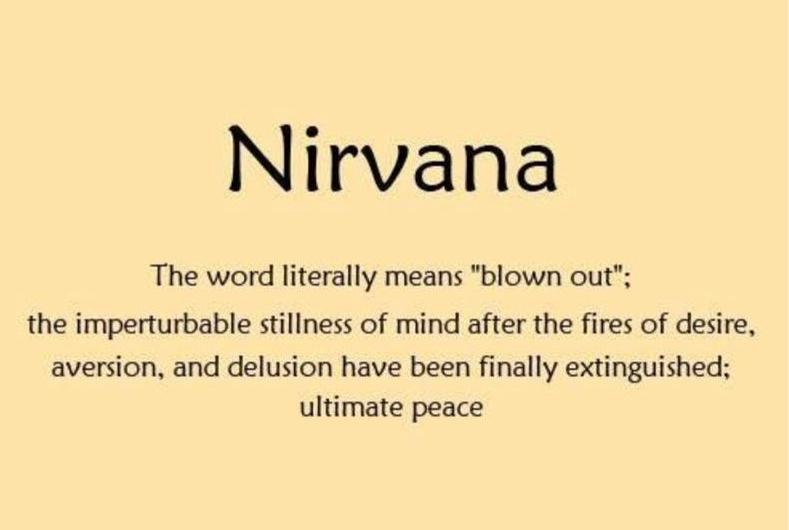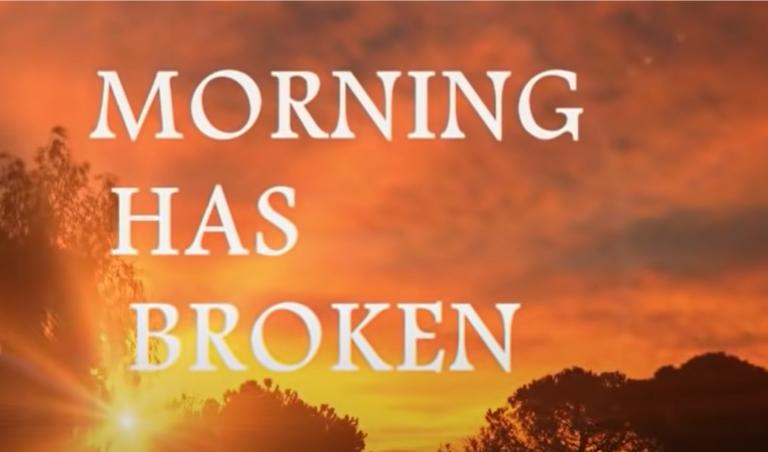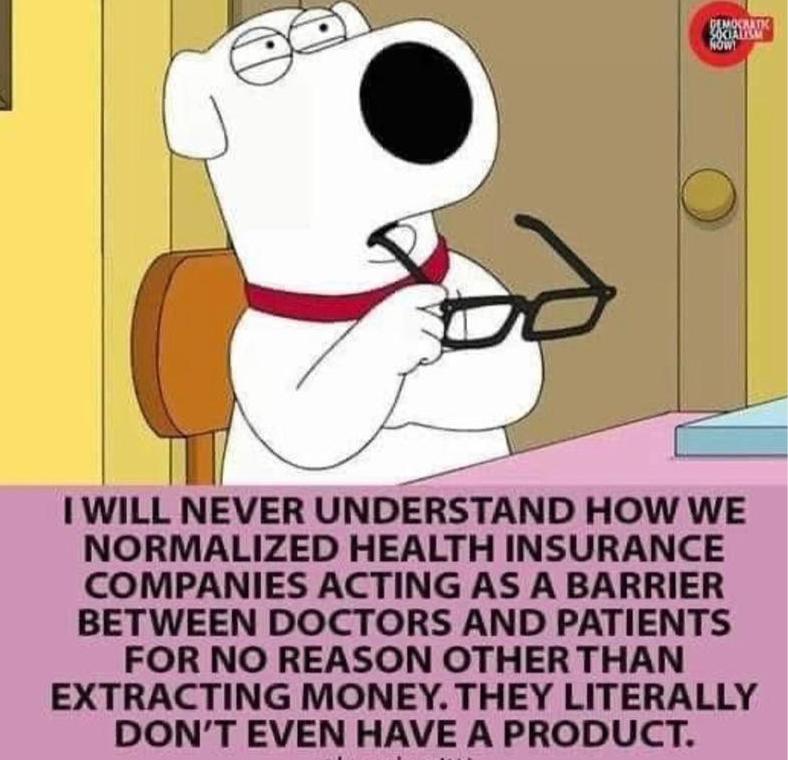|
|
|
|
|
COVID19-085
– July 9, 2021 |
| Dear Patients: |
|
Remember when you were a
kid, you woke up with boundless energy ready to face the day
with optimism and spunk? But now, maybe not so much? What
are your very first thoughts when you first wake up? What is
your mood? Are you happy, sad, angry, or just plain blah?
Okay, so you get out of bed, go to the bathroom, maybe take
out the dog, turn on the coffee.
And then, how do you feel? I really like a quote I saw
several times in my cousin's latest book, Darling
At The Campsite, "waiting
for the common sense of the morning." Like Andy Abramowitz's
previous novels, this is a great read that is ripe with
humor but also speaks to trying to figure out how past
events have brought you to where you are today. Decisions
that seemed small and insignificant end up delivering you to
your current state. This message rings true multiple times
in this novel. Like teasing a neighbor kid, Ted the albino,
then years later, Ted is a policeman that, by happenstance,
you run into at the site of a motor vehicle accident and he
remembers your juvenile name-calling.
How am I in the morning? I am sort of in neutral. I can't
say I am happy or sad; as I begin to wake up, I become
engaged, ambitious, optimistic. It's my morning automatic
default. You might feel otherwise, depending on what is
going on in your life. I know the way I want to feel,
something I have written about in previous emails. I want to
be imperturbable, so nothing gets me to be unkind,
irritable, angry or frustrated. So, ask yourself after being
awake for a few moments, where are you? How do you feel? How
did you sleep? What do you want to accomplish today? This
simple exercise might frame your mood and make for a better
day.
With our circumstances over the past 15 months, most of us
have had plenty to think about and lots of time to sort out
our lives. Maybe, with everything that has been thrown at
us, your morning default is not so rosy. Nonetheless, we can
grow with time, or at least we should try. I think it is
worth it to spend a few moments every day to self-evaluate.
We may forget that our actions or inactions cause ripples in
other people's life. Unfortunately, we tend to be poor
evaluators of how we come off. We get it wrong a lot; I know
I do. Best intentions are often misunderstood. Sometimes,
saying something you think may be helpful, or even funny,
can be misinterpreted as hurtful. Sometimes saying nothing
at all is worse.
I try not to be tribal. In our day-to-day lives, there are
no good guys or bad guys; there are just people trying to do
what they think is right and they have the same painful
problems that you and I have. The person on the other end of
the Amazon customer service line is probably dancing as fast
as they can; try to be patient and kind. The driver who cuts
in front of you in the car is likely in a hurry and is
wrong, but no need to incite them to road rage with a
sustained horn blast or a gesticulation. |
|
Here is a recently
published study that looked at how a small event
can trigger a bad day - if you let it. "One
way to think about it is the longer your brain holds on to a
negative event, or stimuli, the unhappier you report being."
So let it go! Yes, and strive for being imperturbable, as it
is Nirvana! |
| . |
 |
| . |
|
COVID faqs:
So where are we now?
Now that the incidence of positive cases in the US is
<10/100,000, and in Maryland, it is 1/100,000, we can feel
safe regarding the State's
recommendations, yet our vaccination rate
nationally is is only slightly more than 50%.
How long does it take to get immunity from the vaccine?
14 days after the second mRNA vaccine (Pfizer or Moderna),
people will have 99.5% protection from getting a significant
infection or being hospitalized or death. Similar data is
available using the J&J vaccine.
How likely am I to contract COVID from a contaminated
surface?
Very unlikely. Nevertheless, this pandemic has led to a
better understanding of the transmission of all types of
infections. Going forward, I think the practice of washing
hands frequently throughout the day will help us see fewer
colds, less flu and food-borne illness, and, of course, help
control COVID. This virus is spread very efficiently by
small particles that get aerosolized and hang in the air of
confined indoor areas. Similar pathogens are TB, measles,
and influenza; we need to keep our guard up as this could
happen again.
I am healthy and under age 50, so why should I get
vaccinated?
People under the age of 50 who even just get a mild case of
COVID have the risk of developing "long hauler's syndrome."
The frequency is not known, but it is thought to be between
10% and 30%. This syndrome is like chronic fatigue syndrome
characterized by headaches, fatigue, periodic fever and is
not something one would want dragging on for 3 to 6 months.
Additionally, if you are not willing to get vaccinated for
yourself, do it for the vulnerable people who you come into
contact with. For the month of June, in Maryland, every
single COVID death was in a person who did not get
vaccinated.
If I contract COVID after I have been vaccinated but I have
not reached full immunity, is there a role for the
monoclonal antibody infusion?
Absolutely if you are vulnerable. Vulnerable people are
those over 65 and those over 55 with a co-morbidity such as
diabetes, lung disease, heart disease, obesity, or issues
that affect the immune system. If you have tested positive
with either the antigen quick test or PCR test, the time to
receive the monoclonal antibody is before you get
significantly ill.
When must I wear a face mask?
There is no longer a mandatory masking order in effect in
Maryland; this is in line with the latest guidance coming
from the CDC. However, also in alignment with this CDC
guidance, face masks are still required on public
transportation, in schools and child care and health care
settings. Hopefully the mandate in schools and child care
will change soon - I think it should. |
| . |
|
Administrative update:
My office hours from now until the week after Labor Day are:
Monday, Tuesday, Wednesday, and Thursday, 9am to 4pm; closed
on Friday.
When the office is closed, for urgent issues, I am still
easily available by calling my cell 24/7. Otherwise, please
send me an email to HarryOkenMD@gmail.com |
| . |
|
On a musical note:
Morning Has Broken by
Cat Stevens: |
 |
| . |
|
On a lighter note: |
 |
|
As a reminder, I'm no longer sending out daily updates and instead, I'm updating you
periodically. I continue to enjoy writing these updates.
Initially, these were only sent to my patients, however,
I've been humbled to learn that, through social media, these
writings have been forwarded and re-forwarded to many. This
has brought me great joy to know that this simple act of
sharing facts, thoughts, opinions, and hopes have touched
you in some way. Hopefully I've been able to reassure you,
maybe make you smile and laugh, soothe your worries, and
comfort you. And maybe, just maybe, I've helped you to be in
the moment! |
|
Reach out. Stay connected. Stay home. Save lives. The power
of one. Be well.
Feel free to forward this on: spread the word, not the
virus.
HAO
24/7
Harry Oken, M.D.
Adjunct Professor of Medicine
University of Maryland, School of Medicine
Office 410-910-7500
Fax 410-910-2310
Cell 443-324-0823 |
|
Confidentiality Statement:
This email message, including any attachments, is
for the sole use of the intended recipient(s) and
may contain confidential and privileged
information. Any unauthorized use, disclosure or
distribution is prohibited. If you are not the
intended recipient, please contact the sender by
reply email and destroy all copies of the original
message.
|
